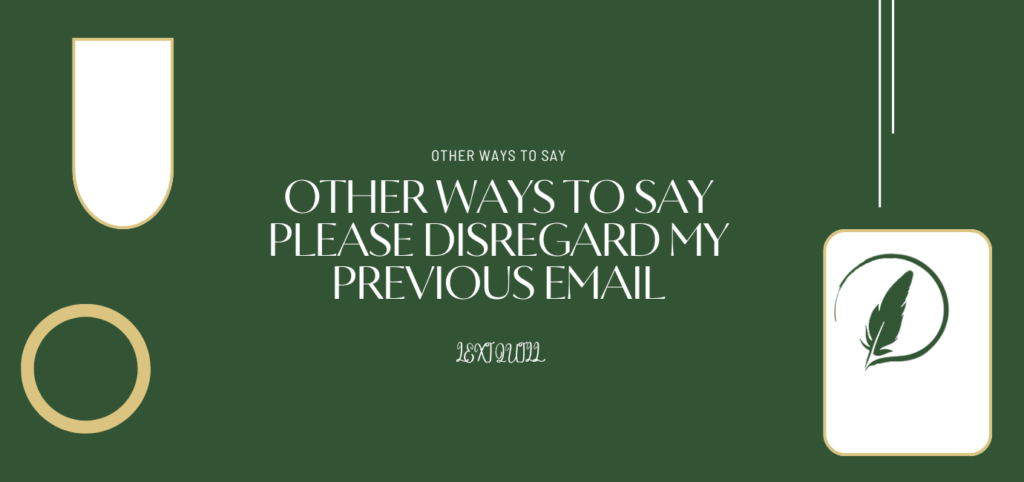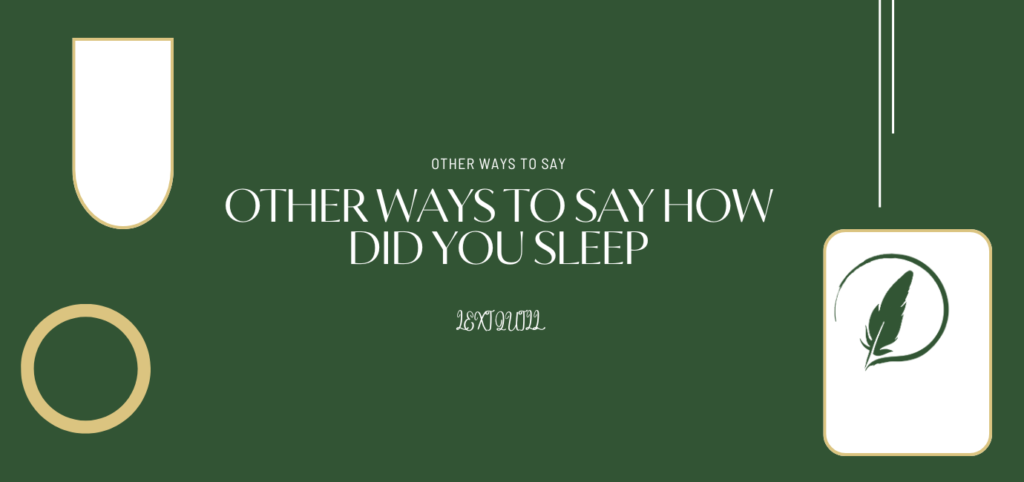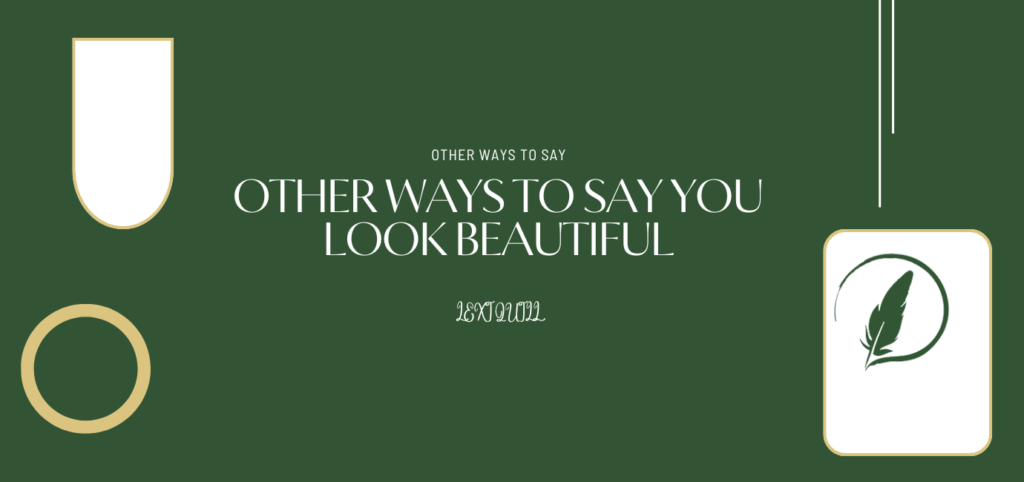In today’s fast-paced business environment, the way you express yourself can significantly impact how you’re perceived. Whether you’re responding to an unexpected change in a project, a surprising announcement in a meeting, or an unforeseen opportunity, reacting with a simple “I’m surprised” may come off as casual or emotionally driven. If you’re wondering how do you professionally say “I’m surprised”, this guide offers thoughtful, business-appropriate alternatives to help elevate your communication.
Whether you’re a working professional, a student preparing for the corporate world, or simply looking to refine your business vocabulary, mastering professional language helps convey credibility, confidence, and clarity.
Why Replace “I’m Surprised” in a Professional Setting?
While “I’m surprised” isn’t inherently unprofessional, it can sound unpolished or overly informal in the wrong context. It might also inadvertently suggest that you were unprepared or caught off guard traits that aren’t ideal in a business setting.
Replacing casual expressions with business synonyms and professional synonyms enhances your message and shows that you’re composed, thoughtful, and articulate especially during unexpected developments.
1. “That’s Unexpected” – A Neutral, Professional Tone
Nuance and Use
This alternative offers a calm and neutral reaction. It expresses surprise without sounding overly emotional. It’s ideal for both positive and negative developments, and it communicates that something deviated from your expectations without implying shock or alarm.
Best Contexts
- Team meetings when hearing new project changes
- Email responses to unexpected updates
- Conversations with clients when plans shift
Example
“That’s unexpected, but I’ll review the details and adjust accordingly.”
Related Business Synonyms: “That’s unforeseen,” “That was unanticipated”
2. “I Wasn’t Anticipating That” – Polished and Reflective
Nuance and Use
This version conveys a thoughtful response. It’s slightly more formal than “That’s unexpected” and reflects personal perspective without being too emotional.
Best Contexts
- Professional conversations that require emotional restraint
- Presentations when referencing sudden results or data shifts
- Executive briefings
Example
“I wasn’t anticipating that outcome, but it’s a valuable insight.”
Related Terms: “I hadn’t predicted that,” “It caught me off guard” (more casual)
3. “This Comes as a Surprise” – Slightly Formal, Yet Gracious
Nuance and Use
This is a graceful and composed way to express surprise, suitable for moments where you need to acknowledge the unexpected professionally without sounding caught off balance.
Best Contexts
- Client-facing interactions
- Internal announcements
- Public relations responses
Example
“This comes as a surprise, but we’ll work through the implications carefully.”
Professional Synonyms: “This development is unexpected,” “This is a turn I hadn’t considered”
4. “I Didn’t See That Coming” – Casual Yet Adaptable
Nuance and Use
This phrase leans a bit more conversational but can still work in professional environments depending on tone and delivery. It shows openness and humility, especially in team-based settings.
Best Contexts
- Internal team chats or Slack messages
- Creative brainstorming sessions
- Informal presentations
Example
“Honestly, I didn’t see that coming, but it could open up new possibilities.”
Use With Caution: More appropriate in semi-formal or collaborative environments
5. “That’s a Development I Hadn’t Considered” – Thoughtful and Analytical
Nuance and Use
This phrase emphasizes your consideration and analysis. It communicates surprise while simultaneously showing a thoughtful and strategic mindset.
Best Contexts
- Strategy meetings
- Business reports or project reviews
- Decision-making discussions
Example
“That’s a development I hadn’t considered. We may need to reassess our timeline.”
Business Synonyms: “That shift is worth reviewing,” “An unforeseen factor to account for”
6. “Interesting Turn of Events” – Neutral and Observational
Nuance and Use
This alternative expresses surprise in a more analytical and curious tone. It can be useful when discussing changes in data, results, or market conditions.
Best Contexts
- Performance reviews or quarterly summaries
- Analyst meetings
- Investor discussions
Example
“This is certainly an interesting turn of events; let’s explore what this means for Q3.”
Professional Synonyms: “Unexpected result,” “Notable change in direction”
7. “I’m Taken Aback” – Formal and Emotional Awareness
Nuance and Use
This is a more emotionally expressive alternative but still acceptable in formal contexts when used judiciously. It’s best reserved for moments that genuinely warrant a strong reaction such as surprising news or major developments.
Best Contexts
- One-on-one conversations
- HR or executive discussions
- Major organizational changes
Example
“I’m taken aback by the announcement, but I appreciate the transparency.”
Caution: Use sparingly; it’s more expressive than others
Why Professional Language Matters
Choosing the right professional language isn’t just about sounding smart it’s about ensuring your message is interpreted the way you intend. Professional phrasing:
- Boosts clarity and reduces misunderstanding
- Establishes your credibility and authority
- Builds trust and respect in team and client relationships
- Helps maintain composure under unexpected or high-stakes situations
By swapping casual phrases like “I’m surprised” with more thoughtful alternatives, you demonstrate maturity, adaptability, and communication finesse key traits in any successful professional setting.
Conclusion: How Do You Professionally Say “I’m Surprised”?
Mastering business communication is a powerful tool in any career. Whether you say “That’s unexpected”, “I wasn’t anticipating that”, or “This is an interesting turn of events”, the way you express surprise can influence how others perceive your professionalism.
To recap, if you’re wondering how do you professionally say “I’m surprised”, opt for phrases that match the tone, setting, and intent of your message. By doing so, you enhance your presence, credibility, and effectiveness in any professional environment .Start incorporating these professional synonyms into your communication today and watch your workplace interactions become more refined, strategic, and impactful.








